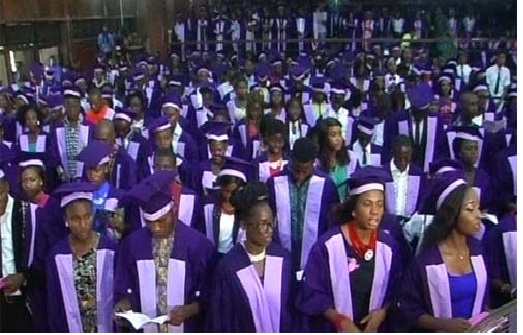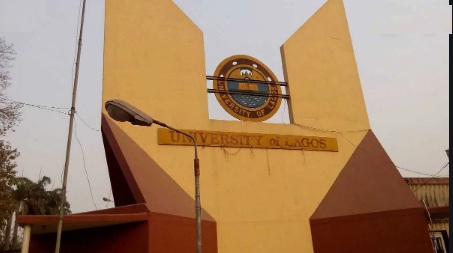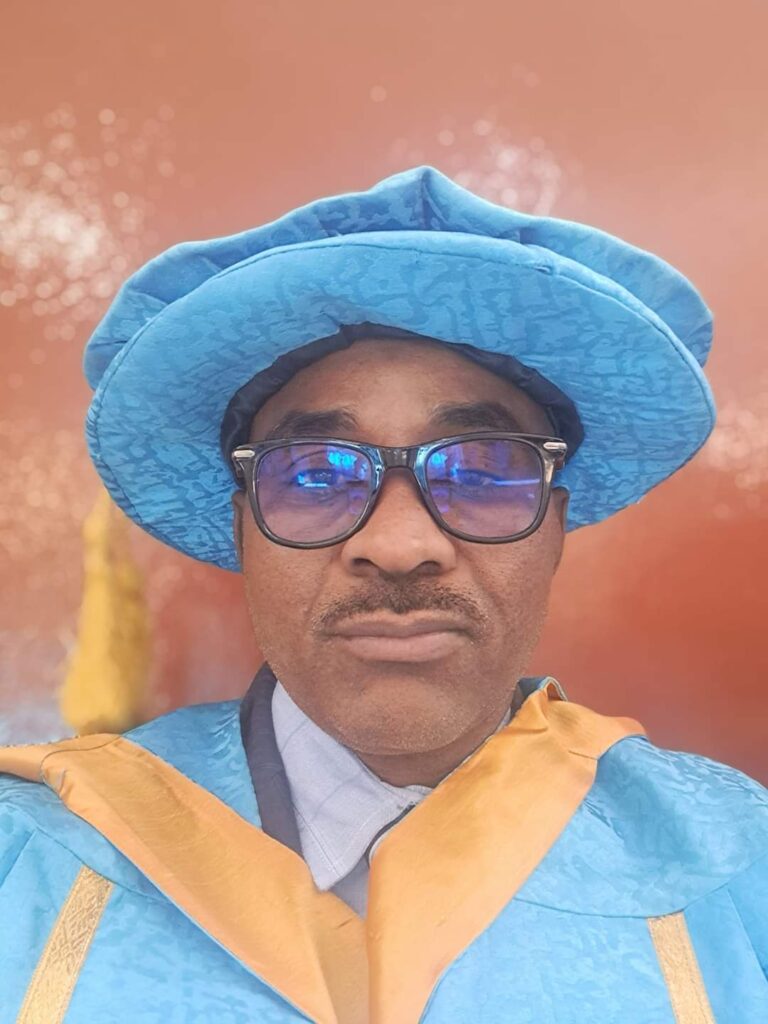Stakeholders express mixed feelings over 18 years university admission age


LAGOS (Sundiata Post) – The National Parents Teachers Association of Nigeria (NAPTAN) has described the Federal Government’s proposed review of minimum age for admission into universities as ‘
not education friendly’.Adeolu Ogunbanjo, Deputy National President of NAPTAN, said this in an interview on Sunday in Lagos.
According to Ogunbanjo, students should be allowed to move in their pace and maintain their performances.
Ogunbanjo said that those who are naturally intelligent and excelled in WAEC and UTME should not be delayed or denied admission for being under 18 years.“
Some students are academically and intellectually gifted which they prove in academic performances from primary to secondary,
and this sometimes earn them double promotion in classes.“NAPTAN is saying no to the plans by federal government to peg the minimum age for admission of students into higher institution at 18,
it’s unfriendly, unjust and not equitable,” he said.
Ogunbanjo, who said that the youngest professor in the world today is in 20s, asked “so,
why must our students be made to wait? The plans or proposal is not tidy at all.”On his part, National President, Association of Nursery and Primary Education Instructors in Nigeria (ANPEIN),
Mr Sunday Fowowe, said imposing 18 years as age limit for entry into university would address underage related challenges.
Fowowe, also a lecturer at the Department of Earlychildhood Care and Primary Education, Lagos State University of Education, Oto -Ijanikin, said that it would prevent underaged students from registering for exams administered by WAEC, JAMB, and NECO.“It’s a step in the right direction because the initiative seeks to promote academic excellence,
safeguard student welfare, and uphold the standards of higher education in the country.“For those who grew up in the 80s and early 90s, it is when you are 18 years old that you are encouraged to take UMTE, Poly and college entrance
examinations.“Suddenly, for I don’t know reasons, the age requirements to enter Nigerian higher institutions changed to 16 years.“This all- accepted changes , prompted and later facilitated the
skipping of some classes like from primary four to six in Nigerian primary schools,” he said.Fowowe added that the practice was for the supposed brilliant pupils to join the junior secondary school from Primary 4.“Graduates are no longer the matured minds we used to have in those days.“
In Nigeria, the issue of underage admission into higher institutions is a longstanding concern, with implications for academic performance, social development, and the integrity of educational systems..“We commend the initiative to enforce an 18-year age limit
for tertiary education admissions, it is both timely and necessary.“Moreover, the Nigerian educational regulatory and examination bodies, such as WAEC, JAMB ,NECO should play a crucial role in ensuring the integrity and fairness of admissions processes.“
By aligning registration requirements with the 18-year age limit, these institutions can mitigate the risks associated with underage admissions.“
They also foster a more conducive learning environment for all students,” he said.Also, Mrs Doris Isaac, a teacher and parent, said that it was fundamental to allow children pass through normal class as required,
adding that the 6-3-3-4 system in the country should still be observed.“There are implications when children jump classes, no matter how intelligent he or she is, something will be missing along the line,
they struggle to meet up and it’s not healthy for their academic career,”Isaac said.It will be recalled thlat the Minister of Education, Prof. Tahir Mamman, hinted that the federal government will review age requirement for those seeking admission into tertiary institutions in the country to 18 years. (NAN)










